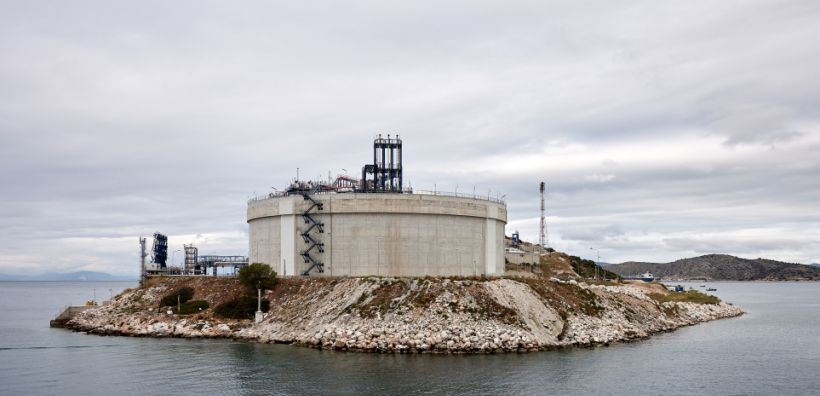Capacity increases at the TAP pipeline, facilitating the delivery of Caspian gas to destinations in Europe, and the IGB gas pipeline linking Greece and Bulgaria, plus the scheduled launch, early in 2024, of the Alexandroupoli FSRU at the country’s northeastern port, will lessen the number of LNG tankers delivering quantities to the Revythoussa LNG terminal, just off Athens, for eventual distribution to the Bulgarian market, but the terminal remains vital for Greece’s energy security and supply.
In addition, an agreement signed last January by Turkey and Bulgaria’s respective state-owned energy companies, Botas and Bulgargaz, for Turkish supply to Bulgaria of 1.5 bcm of natural gas, annually, over a 13-year period, also promises to further decongest activity at the Revythoussa LNG terminal.
The Bulgarian-Turkish agreement had prompted a number of questions in the domestic and European markets regarding its terms and conditions, as well as its impact on Greece’s gas infrastructure.
However, as was recently highlighted by Sotiris Bravos, Senior Commercial Services Manager at DESFA, Greece’s gas grid operator, the Revythoussa LNG terminal’s commercial role will only be limited in trade concerning the Bulgarian market.
In 2022, the Revythoussa LNG terminal covered two-thirds of Bulgaria’s natural gas needs, a performance not expected to be repeated this year given the increased number of facilities – TAP, IGB, and, slightly later on, the Alexandroupoli FSRU – serving the Bulgarian market.
Even so, the Revythoussa LNG terminal remains a crucial part of the country’s gas grid, especially regarding supply security and the grid’s balance, Bravos, the DESFA official, noted.
At present, the Revythoussa LNG terminal is Greece’s only LNG entry point and one of the country’s four natural gas entry points.
DESFA’s administration believes new gas infrastructure will not compete against the Revythoussa LNG terminal as it remains a facility of major importance for the Greek gas grid and the significantly increased needs of central Europe.





